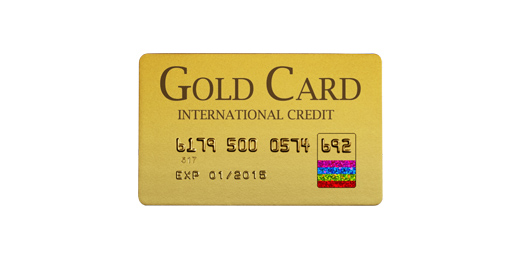In her article “Small businesses battle ‘risk’ tag on loans” Kira Vermond outlines the financial questions posed to entrepreneurs. If starting a company was as easy as having a great idea, passion, and work ethic then they’d be popping up left right and center. Obviously it’s not quite so easy – where’s the money?
Clearpath’s CEO Matt Rendall identified his thought process when looking for first round funding. Typical of most entrepreneurs, he looked at the ways to get money:
• Bank Loans
• Family
• Angel Investors
• Venture Capital Firms
Matt wasn’t thrilled at the four standard options and had a thought that has led Clearpath to its competitive position – what if Clearpath could get money from paying customers? This is exactly the route we took. The road wasn’t clear, considering we started in the middle of a recession, consequently affecting our target customer’s cash flow. Luckily, being that Canada’s economic situation wasn’t as low as our neighbours to the south, Clearpath pushed through and worked with customers to design a product they were willing to pay for.
PayNet Inc. supplied data showing that Canadian small business rates are much lower than those in the U.S., helping the entrepreneurship initiative in Canada. Also, as companies like Achievers (formally ‘I Love Rewards’) demonstrated, there is untapped money available if you are willing to look. Being a company with most of its assets tied up in intangibles, they hired the consultants at Deloitte and secured significant funds from federal and provincial funding.
Another consideration for start-ups is asking – do I want borrowed money? The global economic position is nothing to scoff at, so if there are other ways to get started, similar to the route Clearpath took, then you should be looking for those doors, or windows, or tunnels, or holes in the wall… you get the point.

